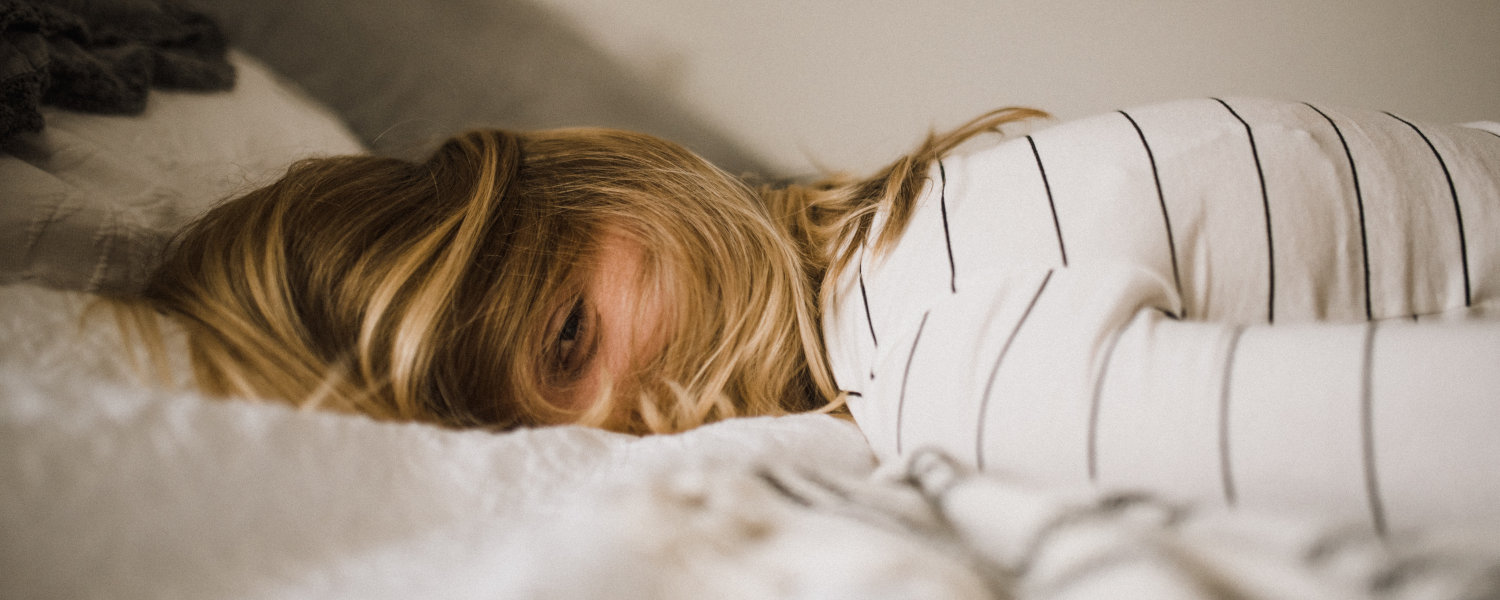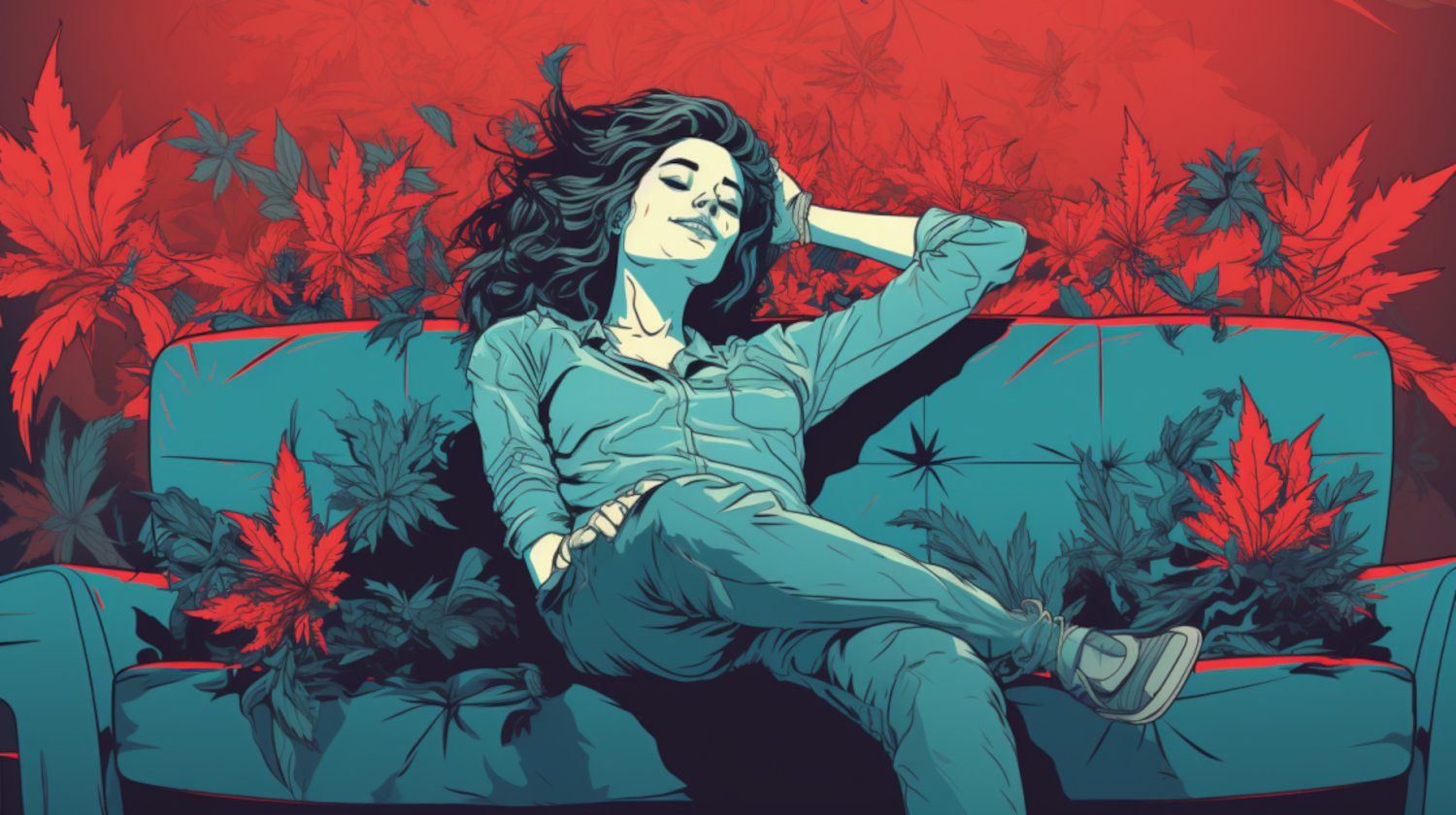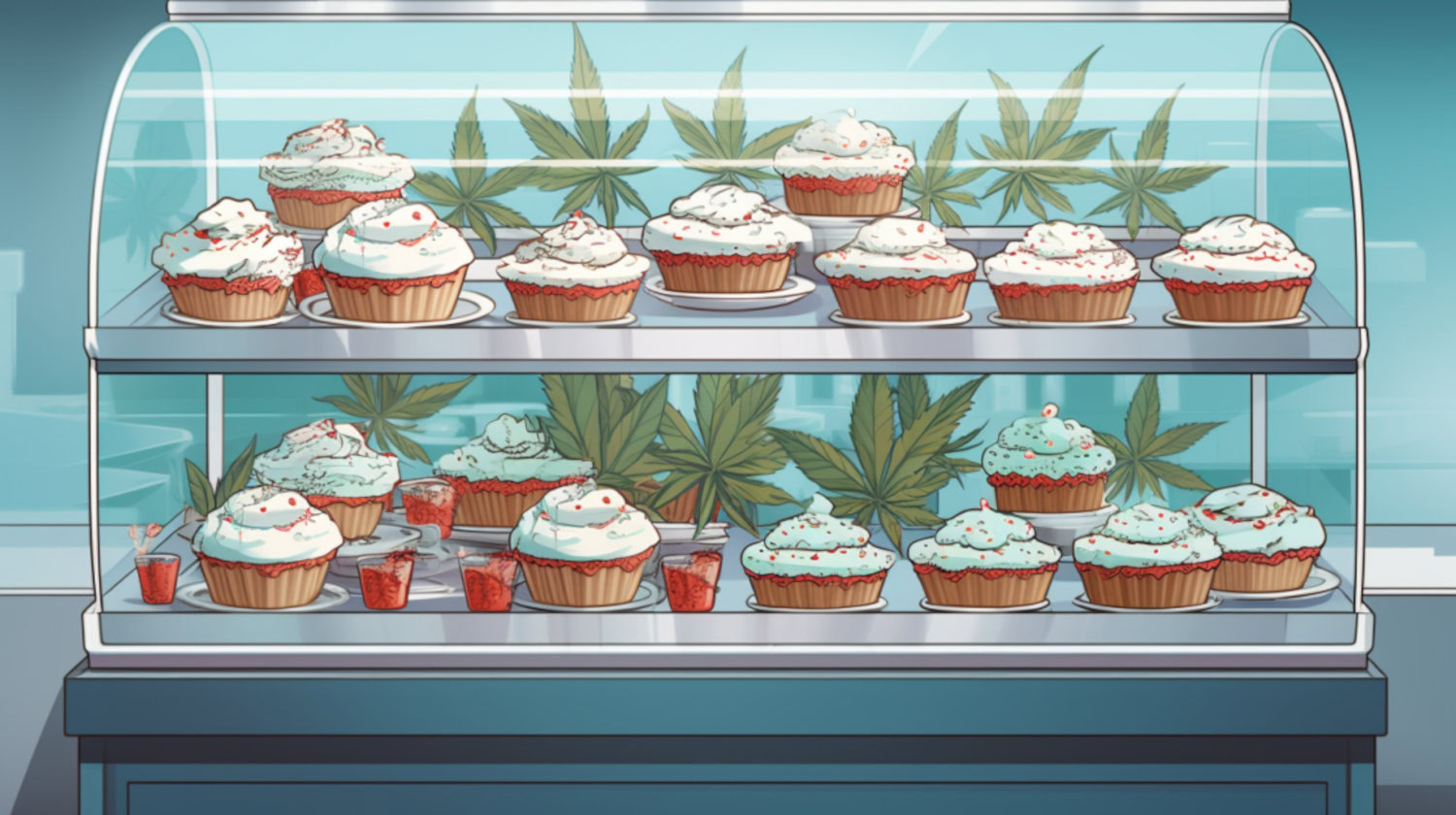In This Article
- What is a Cannabis Overdose?
- What are the Symptoms of Being “Too High”
- Tips After Consuming Too Much Cannabis
- Resources for Medical Cannabis Patients Who Consumed Too Strong a Dose
- Steps to Prevent Overdosing in the Future
- How to Find Your Ideal Cannabis Dosage
- Should I induce vomiting if I’ve had too many edibles?
- Should I call 911 if I think I’ve had too much?
- Can someone overdose on edibles?
- What’s a good place to start if I’m trying to avoid consuming too much THC?
- Is indica or sativa stronger?
- What can nurses or doctors do for me at the hospital if I used too much cannabis?
- What’s the difference between a cannabis overdose, a cannabis hangover, and cannabis use disorder?
Using cannabis is usually a relaxing and enjoyable experience. However, using too much cannabis – sometimes called “greening out” – can be an uncomfortable and often distressing experience. Even veteran cannabis consumers who have had too much THC may worry that something is wrong.
If you are concerned you may be experiencing a medical emergency, it is always appropriate to call emergency services.
However, most of the time, when EMTs respond to a call of an adult using too much cannabis, the consumer just needs time to sober up.
So… are there steps you can take before getting to that point?
Cannabis overconsumption isn’t an overdose in the sense most people think - no one has died from a cannabis overdose. However, it can be uncomfortable, and even frightening. If you aren’t fully aware that it’s happening, you can make choices that might put you in danger. There are some basic guidelines you can follow to use cannabis responsibly:
- Never drive or operate machinery after using cannabis.
- Always be aware of your own tolerance.
- Remember, higher THC does not equate to a better experience.
- Start low, and work your way to a dose that you feel comfortable with as you become more experienced.
Keep scrolling to learn more about cannabis overconsumption: what a marijuana overdose looks and feels like, what you can do if you feel like you’ve taken too much THC, and tips to find your ideal dose.
What is a Cannabis Overdose?
Technically speaking, an overdose is anything above the therapeutic dose. Therapeutic doses are typically a range, from the lowest dose that gets positive results to the point where unwanted effects start.
However, when most people think of an overdose, they imagine using a substance to the point where it can cause a risk of death. Thankfully, a cannabis overdose is far more likely to cause temporary anxiety or dizziness than it is to cause serious health concerns.
While any substance can be toxic at high doses, even water, those doses are incredibly high for cannabis. In a famous 1988 court case, a judge concluded, based on an investigation, that it would take a person smoking roughly 20,000 cannabis cigarettes (joints) in 15 minutes to result in a fatal overdose. For some perspective, this would be about 1500 pounds of cannabis. However, it should be noted that the potency of cannabis products has increased considerably since then.
The National Institute of Health gives a more conservative (but still unobtainable) figure for possible cannabis overdose. According to the NIH, in animal studies, a dose as low as 40 mg of pure THC administered intravenously per kg of body weight could be fatal. If that holds true for humans, that would mean a healthy 150-pound person would need to consume (via intravenous injection) over 2700 mg of THC at once to reach a potentially fatal dose.
Perhaps unsurprisingly given these theoretical estimates, there are no documented cases of a fatal overdose on cannabis alone. The same can be said for CBD.
So, it’s probably better to think of cannabis overdose as cannabis overconsumption.
Cannabis overconsumption can be unpleasant, leading to symptoms like anxiety, paranoia, nausea, and vomiting for some consumers. When the individual begins to worry their symptoms are too severe or long-lasting, it can make them feel even more unwell. It’s a vicious cycle that leads many to seek medical help, even when they aren’t in medical danger.
At this point, it’s worth reiterating: if you are concerned you may be in medical danger, you should seek immediate support.
What are the Symptoms of Being “Too High”
The symptoms of cannabis overconsumption most commonly occur with high-THC products, though everyone’s body is different, and factors like weight, body chemistry, and cannabis tolerance all play a role in how someone experiences consuming too much THC.
What might be overconsumption for one person could be an average dose for another. This is why it’s important to start low and go slow to understand your own body and the way it interacts with cannabis.
Generally speaking, the symptoms of being “too high” are the same as the most common effects of using cannabis, only amplified to uncomfortable levels. Sometimes, they’re the effects you want from cannabis turned on their heads, like feeling paranoid instead of relaxed.
The common symptoms of using too much cannabis include:
- Anxiety and paranoia
- Dizziness
- Dry mouth
- Headaches
- Nausea
- Vomiting
- Rapid or increased heart rate
- Reduced blood pressure
- Increased blood sugar
- Temporary short-term memory problems
Most of these don’t warrant any real concern, and for healthy people, the symptoms won’t cause complications. However, if you have a high risk for heart attack or stroke or you have diabetes, it might be worth keeping in mind that using too much cannabis can create potentially risky circumstances for these conditions.
It’s also important to keep in mind that the symptoms can vary based on how you used cannabis. For instance, edibles are the most common culprit in cases of cannabis overconsumption due to their delayed onset, long duration, and often inconsistent dosing in homemade products. Because they are processed by the liver, edibles are also more likely than other methods of consumption to trigger digestive issues.
Though less common, it’s also possible to over-consume cannabis when using concentrates as a result of their generally high quantities of THC. A single dab hit from an inexperienced user can be enough to give them an undesirable experience. Smoking and dabbing tend to be more associated with anxiety, but that’s not a definitive rule.
In general it’s best to look out for instances when you’re getting the opposite of the desired results from cannabis. That’s a good indication that you’ve used too much. Once you realize this, you can then start to set yourself up to ride out the experience as comfortably as possible.
Tips After Consuming Too Much Cannabis
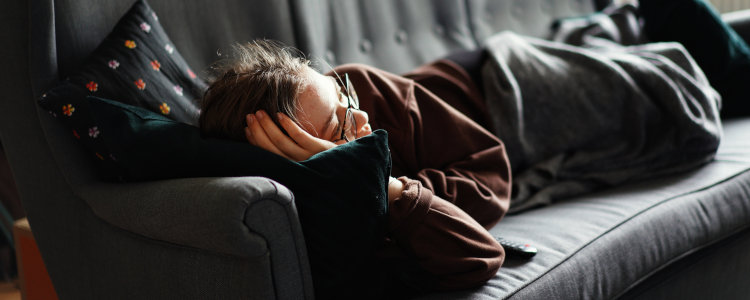
While you can’t sober up immediately if you consume too much cannabis, there are some things that you can do to lessen the effects and make the experience more pleasant.
There are also things that you absolutely shouldn’t do, like drinking alcohol, because they can increase the already overwhelming effects and make the experience worse.
- Avoid risky behavior - Cannabis can temporarily impair a user’s focus and reaction time. As such, it’s best to avoid potentially risky behaviors, like driving, operating machinery, or handling knives in the kitchen. If you have to go somewhere, get a ride from a friend or use a ride-sharing service.
- Stay hydrated - Cannabis can make people feel dehydrated, which can increase stress and discomfort. Drinking water can calm you down while relieving these feelings of dehydration. Water may also help flush excess cannabinoids from your system.
- Eat healthy snacks - It’s no secret that cannabis can make you feel hungry. Not only can eating something relieve hunger, but evidence suggests that eating plant-based foods high in terpenes, like black pepper, can help mitigate the effects of THC. Just be aware when building your bud buffet that some foods are thought to enhance the effects of cannabis, too.
- Drink some coffee - Unlike alcohol, where drinking coffee merely gives a false sense of alertness and does not help actually sober you up, evidence suggests that drinking coffee may work to suppress the body’s endocannabinoid system, blunting the plant’s effects.
- Try CBD - Some studies suggest that CBD can inhibit the body’s response to THC, the cannabinoid responsible for the “high.” And while a more recent study concluded that CBD won’t reduce the intoxicating effects of THC, enough consumers have reported success that it may be worth a try. If you’re going to use CBD after too much THC, be sure you stick with pure CBD (with no THC content).
- Ibuprofen may help - An animal study found that ibuprofen and other medications that inhibit the COX-2 enzyme, which is involved in inflammation, may also inhibit the effects of THC.
- Avoid alcohol - Alcohol can enhance the effects of cannabis, which can result in an unpleasant experience if you’re already feeling too intoxicated. If you suspect you’ve used too much cannabis, avoid alcohol (or stop drinking if you already were).
- Relax - Try to put yourself in a relaxing situation. Cannabis tends to amplify what you’re feeling, so if you’re in a relaxing, safe place doing something that you enjoy, you’re much less likely to experience feelings of anxiety and paranoia. Put yourself in a situation where you’re comfortable and find something you enjoy to distract you. A funny movie is always a great bet.
- Know yourself - You know what things and situations relax you and which ones increase your stress. Do you get stressed out by social situations? Avoid using cannabis in them. If you’re already there, have a friend take you home. Is being alone going to wreak havoc on your anxiety? Invite a trusted friend – especially one experienced with cannabis – over to sit with you. Is hearing about the vastness of the cosmos going to invoke a sense of dread? Maybe turn off the episode of Cosmos and stick to less “heady” content that doesn’t make you think so much. Understand the circumstances that will put you in a relaxed state of mind and create them as best you can.
- Remember that the feeling is temporary - While implementing the above tips, remind yourself that you aren’t in danger from having too much THC. The cannabis will wear off, and in a few hours everything will be just fine.
Resources for Medical Cannabis Patients Who Consumed Too Strong a Dose
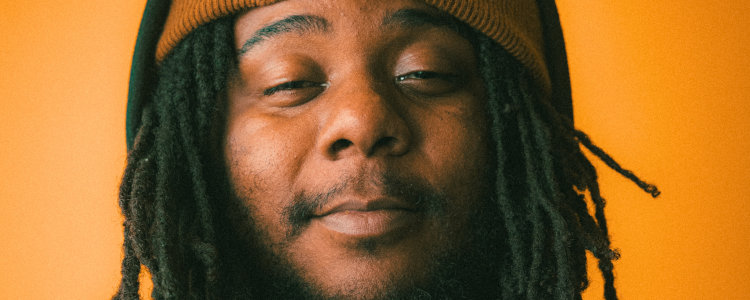
If you’re a medical cannabis patient, the first thing you probably want to do is contact your medical cannabis doctor to have your dosage adjusted.
Experienced medical cannabis doctors, like the ones at NuggMD, are familiar with the effects of cannabis and have worked with patients to find the right dose for them before. They’ll know which products and strains have produced the best results, and they’ve probably worked with patients with similar physiology, so they’ll know what worked best for others in a situation like yours.
It’s also possible to get judgment-free support from the safety of your own home. The nonprofit organization Fireside Project runs the Psychedelic Peer Support Line, which puts you in contact with trained and compassionate volunteers experienced in supporting people during and after psychedelic experiences. About 10% of their calls are cannabis-related.
You can reach the Support Line via text or phone (62-FIRESIDE, or 623-473-7433) from 11am to 11pm Pacific time every day. You can also download their app to your phone, so it’s ready for when you might need it. While Fireside’s volunteers can serve as a calming presence to talk you through an overconsumption experience while it’s happening, you can also call or text days or even months afterward to process your overconsumption experience or anything else that may have come up during the course of your cannabis use.
Steps to Prevent Overdosing in the Future

After consuming too much cannabis, you may be searching for tips to ensure that your next cannabis experience is more positive.
Dosage is key. The simple fact remains that feeling too high is the result of… using too much cannabis. So, the first step that anyone should try after a negative cannabis experience is to dial in their dosage.
If you’re a medical cannabis patient, your medical cannabis doctor can help to select the right products and dosage for your body and your situation.
- Determine how much THC you consumed before you began feeling overwhelmed. If you aren’t sure, like if the dose was from homemade edibles, then you might want to avoid those situations going forward. If you made the edibles, you can simply use less cannabis or use an edible calculator to find a more reasonable starting point.
- It might sound like common sense, but select a lower dose next time. For dispensary edibles, you can see the exact dose on the package. Unfortunately, the standard 10mg of THC per serving can be too much for many consumers. Instead, cut your previous dose in half or even a quarter. If you prefer vaping or smoking flower, pick something with less THC and higher CBD content. If you’re stuck with high-THC products, try fewer puffs over a longer duration of time. And keep in mind that joints and bowls deliver less THC per inhale than bongs.
- Start low and go slow. Use the minimal amount of cannabis possible and wait for the full effects to kick in. Inhaled cannabis can take about an hour to reach its peak. If you prefer edibles, wait at least 2 hours (and up to 3 or 4 hours) to feel the full effects. Work your way up to the right dosage over multiple sessions, slowly increasing over time.
- Microdosing is an increasingly popular method of consumption that can provide the benefits of cannabis without the intoxication.
Choose the right setting. Before beginning your cannabis experience, put yourself in an enjoyable situation.
- Surround yourself with one or more people that you trust.
- Prepare snacks ahead of time and maybe a good non-alcoholic beverage to stay hydrated.
- Put on an upbeat movie or TV show, play some relaxing music, grab your favorite video game, or take a seat on the back porch to watch the sunset with a cold glass of water.
Whatever will put you in a positive headspace, set it up before your cannabis experience. And remember that this extends beyond your physical circumstances. You should put yourself in a positive mental state as well. Some people choose to meditate, exercise, do yoga, or journal while they’re under the influence to put them in the best possible frame of mind.
If you’re new to cannabis or more comfortable not being alone, ask a tripsitter to stay with you. A tripsitter can be a sober friend (or a psychologist or shaman) that can help you stay grounded or someone with more experience with cannabis that can talk you through what you’re experiencing.
If you don’t have a friend to turn to or want someone with more experience, consider using Fireside Project's Psychedelic Peer Support Line. You can call or text during or after your cannabis experience to connect with an experienced, compassionate volunteer who can help provide a grounding and comforting presence.
And if you think you have a problem with your cannabis usage, it’s best to seek professional help. Plenty of people turn to cannabis to help ease psychological conditions, like anxiety, depression, and PTSD. And while many patients begin using cannabis to self-medicate, it’s generally advisable to use cannabis with the direction of a mental health professional, or at the very least, to use cannabis alongside counseling or other psychological care.
Cannabis dependence is rare, but not impossible. If you feel like you have a problem with your cannabis use or you’re using cannabis in dangerous situations, like while driving, consider contacting a moderation management or harm reduction-oriented addiction counselor or addiction support center.
How to Find Your Ideal Cannabis Dosage
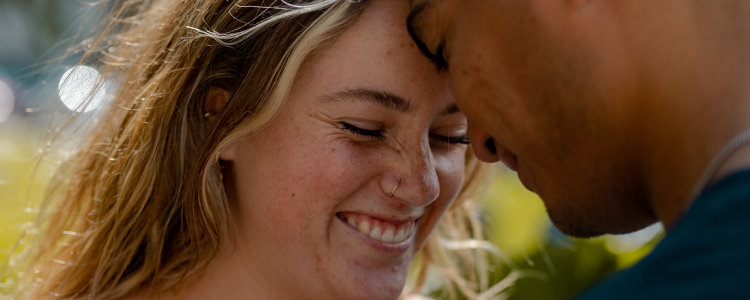
There’s no single “right dose” for everyone. Numerous physiological factors affect the way cannabis interacts with the body, not to mention the wide variety of cannabis products and potencies on the market. Making things more complex, the right dosage for you will change over time. That’s why nailing down the right dosage can be such a challenge.
Thankfully, there’s a time-tested strategy that can make it much simpler to find the right dose.
The best possible course of action is to talk to a medical cannabis doctor. They are experienced and knowledgeable about cannabis products, strains, methods of consumption, and cannabinoid concentrations, giving them unique insights into what tends to work best for patients based on their physiology and medical history. A medical cannabis doctor can help tailor a treatment program directly to your needs.
If you don’t have a medical cannabis doctor, you can still dial in the right dosage. Start with a low dose – you might think it is too low at first – and slowly increase to the desired results. While some people try this method over the course of a single session, there is less risk of overconsumption if you spread out your increased dosage over multiple sessions.
Let’s look at an example.
Most edibles sold at dispensaries contain 10mg of THC per serving. This dose may be fine for experienced cannabis users, but someone without any built-up tolerance could feel overwhelmed. Instead, consider cutting a 10mg serving into quarters, which would deliver a more manageable 2.5mg of THC. If you don’t feel strong enough effects after two hours, take another 2.5mg dose (or better, wait until your next cannabis session and begin with 5mg).
Regardless of your preferred consumption method, this approach of starting low and increasing slowly means you can find your ideal dose in just a few sessions.
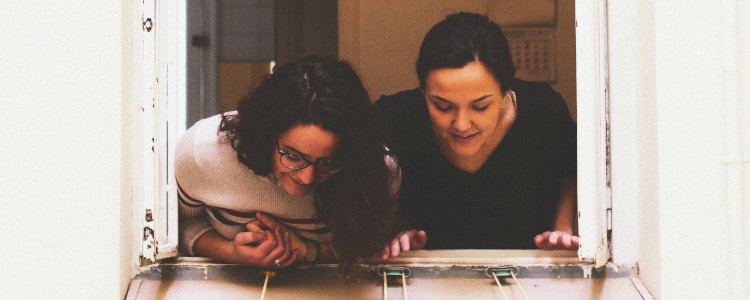
Should I induce vomiting if I’ve had too many edibles?
Inducing vomiting is usually reserved for situations when someone’s eaten something toxic or dangerous.
Instead, your time is better spent creating a relaxing setting to ride out the remainder of your experience. Remember, your state of mind will influence your experience, and having plenty of water, healthy snacks that agree with you, and a low-stress environment can make a big difference.
Should I call 911 if I think I’ve had too much?
If you are concerned about your well-being, you should seek medical help. It may be worthwhile just for the peace of mind.
That said, any uncomfortable feelings from consuming too much cannabis will likely pass within a few hours. Edibles usually wear off in about 6 hours, though at high doses some effects can last up to 12 hours.
If you’re on the fence and don’t want to call for medical help, having a friend come stay with you to ground you through the experience can be a great way to get through an unpleasant cannabis experience. Likewise, the compassionate volunteers at Fireside Project’s Psychedelic Peer Support Line can also help to talk you through, answer any questions you have, and help keep you calm.
Can someone overdose on edibles?
Yes, it is possible to have too much THC from edibles, resulting in distressing symptoms like nausea or dizziness. That’s why many consumers and professionals alike recommend starting edibles at a low dose, and only increasing slowly over time. That said, there has never been a documented overdose death from cannabis alone.
What’s a good place to start if I’m trying to avoid consuming too much THC?
If you’re a medical cannabis patient, consult your doctor. If not, start with a low dose of cannabis and slowly increase as you get used to it over time. With edibles, 2.5 mg of THC is a good place to start. For smoking and vaping, start by taking one puff from your joint or vape and seeing how you feel after an hour. Inexperienced cannabis users should stay away from dabs and bongs.
Is indica or sativa stronger?
The differences between indica and sativa have more to do with the plant’s growth than the final product’s effects. However, many consumers tend to differentiate the two as “strains that make you sleepy” vs. “strains that energize you.” But this isn’t a hard rule, and many experienced cannabis users are starting to discover that terpenes play a bigger role in the effects associated with a strain than whether it’s indica or sativa.
With either type of strain, the THC content is what you really need to look out for. The more THC there is, the stronger the effects will be.
What can nurses or doctors do for me at the hospital if I used too much cannabis?
Usually, hospital staff will check for any immediate concerns. If you’re experiencing digestive issues, like nausea and vomiting, or extreme anxiety and paranoia, they might give you medication to alleviate symptoms. They also may take steps to keep you well-hydrated. Beyond that, many practitioners will try to make you calm and comfortable while you ride out the experience.
What’s the difference between a cannabis overdose, a cannabis hangover, and cannabis use disorder?
While the effects of using too much cannabis aren’t life-threatening, they can be unpleasant enough to scare off some cannabis users. Feelings of anxiety, paranoia, nausea, and other symptoms can be a sign of cannabis overconsumption.
When signs of a cannabis overdose last into the next day, it’s typically known as a hangover (though it’s also possible the consumer may still be intoxicated). And when the use of cannabis over a prolonged time creates a psychological and/or physical dependence, it’s known as cannabis use disorder (CUD).
The information in this article and any included images or charts are for educational purposes only. This information is neither a substitute for, nor does it replace, professional legal advice or medical advice, diagnosis, or treatment. If you have any concerns or questions about laws, regulations, or your health, you should always consult with an attorney, physician or other licensed professional.

